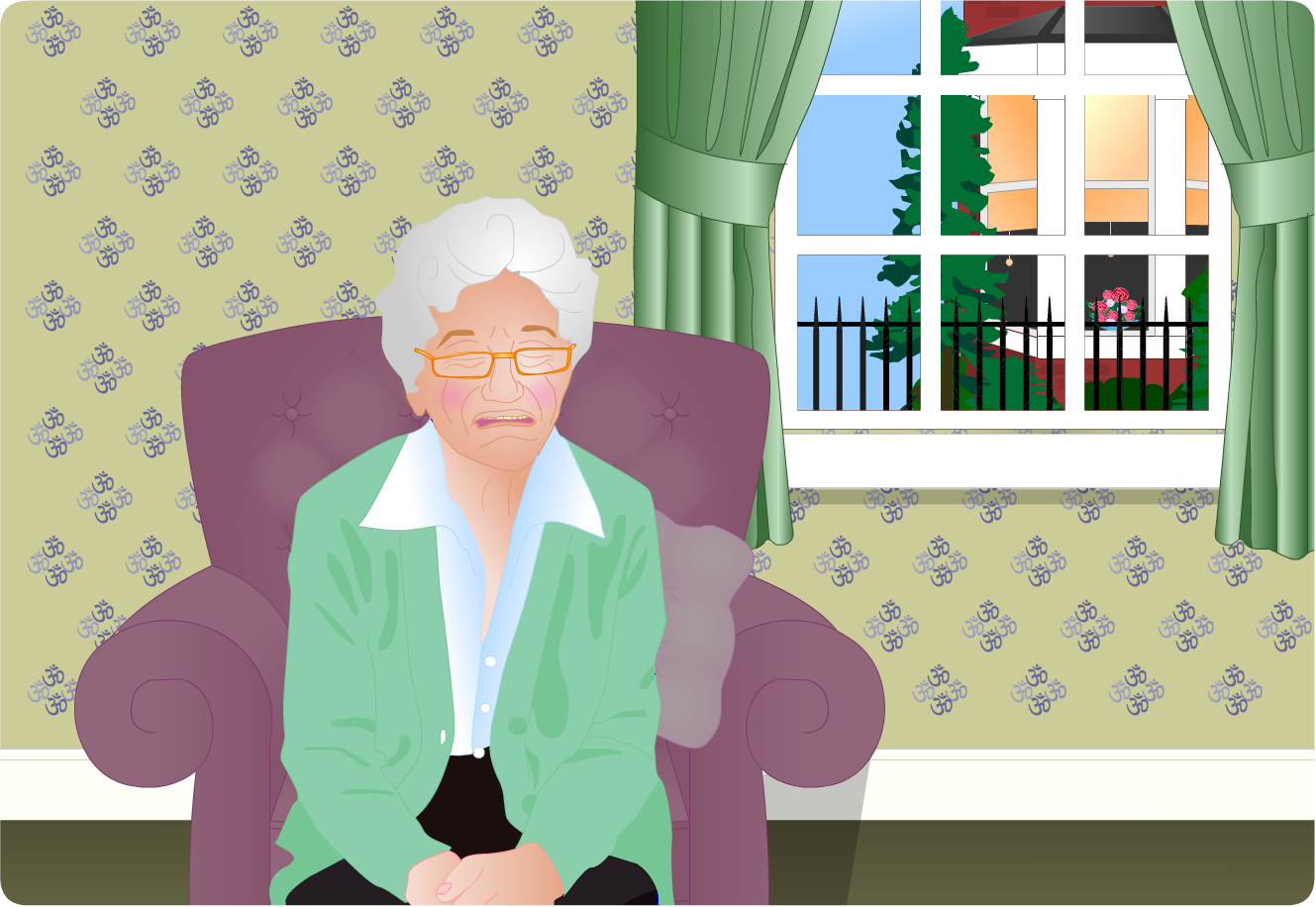
Joan Smith has had a stroke which has resulted in communication problems. She appears to be in distress and is calling out. It is unclear what it is that she is trying to say.
There are several different communication problems which can occur following stroke. Below are the three most common speech/language disorders. It is important to remember that a person may have just one of these or a combination of them.
1. Aphasia
Aphasia (also called ‘dysphasia’) affects how an individual can use language. This means they may find it difficult to talk, to understand what others are saying, to read or to write.
It is important to remember that individuals with aphasia:
- Are still intelligent
- Know what they want to say, can form sentences but have difficulty getting messages in and out – sometimes they find it hard to understand what is asked of them, or to express their wishes and needs
- May believe that they are speaking/communicating normally and so feel frustrated that others cannot understand them
- Dysarthria may sometimes occur with aphasia
Click on the links below to find out how having aphasia can affect talking, understanding what others are saying, reading and writing.
- Problems which may be experienced when talking
- Problems which may be experienced when understanding what others are saying
- Problems which may be experienced when reading
- Problems which may be experienced when writing
2. Dysarthria
Click here to find out more.
3. Apraxia of Speech
Apraxia of speech (also called ‘Dyspraxia’) is caused by damage to the speech control centres in the brain that are used for planning and forming sounds and words into speech. This results in an inability to control and coordinate the movements that are needed to talk normally. It is different to dysarthria because it is not caused by muscle weakness. Apraxia of speech may result in:
- Difficulty finding the correct mouth position to make /coordinate sounds
- Difficulty making smooth transitions between sounds and words
It is important to remember that individuals with apraxia:
- Know what they want to say
- Are intelligent
- Have difficulty coordinating the lips, tongue and other facial muscles to produce a word or sentence
- May try to say a word or sound and make repeated attempts but be unable to pronounce it
- May experience both apraxia and aphasia
Video examples of communications problems
Click here for the stories of Lindsay, Peter, and Bob.
Page last reviewed: 17 Jul 2023


